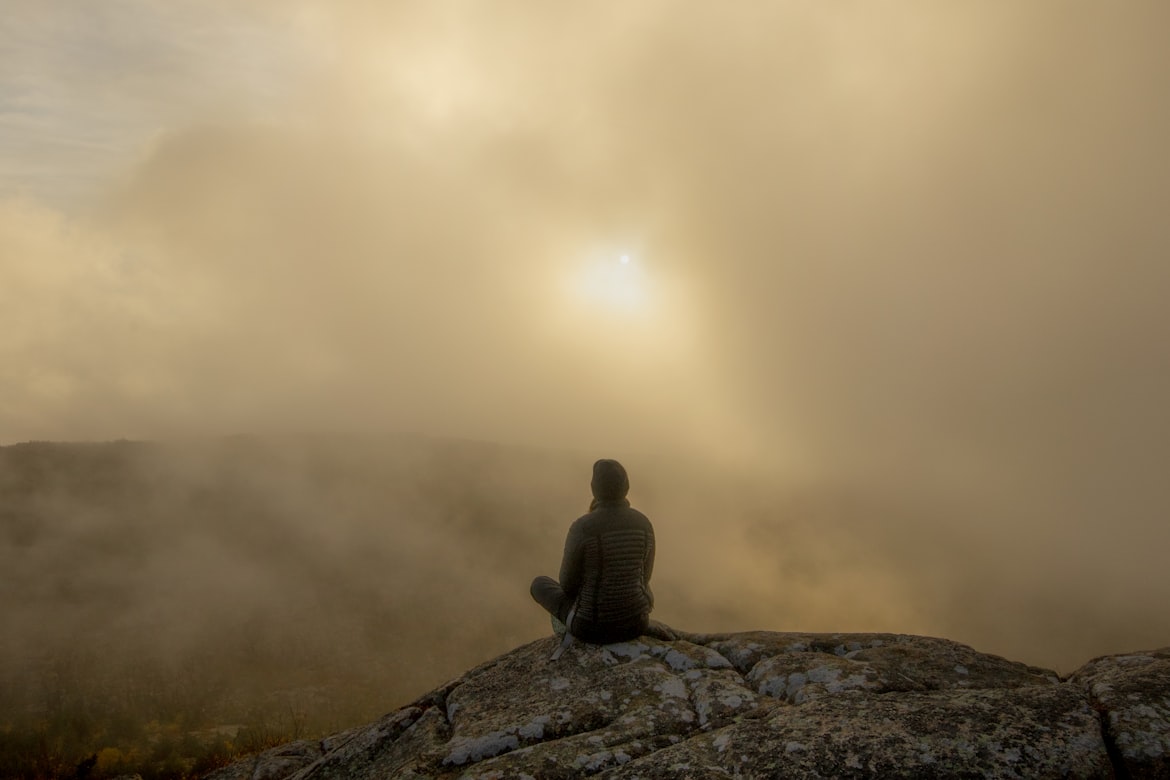Jul 15 2022
Darshan Singh – How did I ever think silence the language of love?
How did I ever think silence the language of love?
by Darshan Singh
English version by Barry Lerner and Harbans Singh Bedi
How did I ever think silence the language of love?
What I thought would not come to light was in plain sight.
I hear my silence talked of in every lane;
The suppression of a cry is itself a cry of pain.
The beloved’s regard was but a flash of light;
How innocent to think I’d found eternal bliss.
These, too, in the end were the gardener’s: the lightning and the wind
And that handful of pitiful straws I’d called my nest.
Darshan, the glances I’d fancied voiced my love —
Even they couldn’t convey the unplumbed depths of my longing.
 — from Love’s Last Madness: Poems on a Spiritual Path by Darshan Singh, Translated by Barry Lerner / Translated by Harbans Singh Bedi
— from Love’s Last Madness: Poems on a Spiritual Path by Darshan Singh, Translated by Barry Lerner / Translated by Harbans Singh Bedi
/ Image by Daniele Levis Pelusi /
Let’s spend a little time with this poem…
This poem is a lovely way to address some of the initial encounters of mystical union.
The opening couplets explore interweaving themes of silence and awareness of the Divine. Esoteric traditions all over the world use inner silence, profound psychic stillness, as a way to open up to the vision of the Divine. But here Darshan Singh confronts the limitation of the practice–
How did I ever think silence the language of love?
What I thought would not come to light was in plain sight.
As we explore deeply, we discover layers to silence. Superficial silence is effortful. It is a striving for something not seen. It is, in effect, a rejection of the common perception of the common world.
Yet Darshan Singh shares with us his deeper realization, that the Divine speaks to us in the language of love, and that language is whispered everywhere, in all things. He seems to be urging us not to cultivate a holiness born of rejection, but one born of profound recognition of the Divine already here, already everywhere, in plain sight.
Further, in silence is discovered a quiet, all-pervading sound. So, even in silence, that silence is filled with a song, the language of love.
I hear my silence talked of in every lane;
The suppression of a cry is itself a cry of pain.
First, I love the humorous play of words with these lines: He ‘hears’ his silence, and it is talked about everywhere. His silence has sound, and the acclamation of his attainment of his silence makes his silence noisier.
And that second line says so much. Merely holding thoughts back can open a few doors, but it ultimately becomes a practice of suppression. Suppression cannot be the ultimate fulfillment, for it too is “a cry of pain.”
Where then does that leave us? How is silence and clear vision attained without suppression of thought? Think of it this way: Learning to hold thoughts allows us to finally understand deep silence. When that is discovered, when we learn to rest in that truer silence, surface thoughts are of less consequence.
We find a similar idea expressed in some Buddhist teachings and poetry that pose the question, of what consequence are clouds to the unchanging blue sky?
The beloved’s regard was but a flash of light;
How innocent to think I’d found eternal bliss.
That first ecstatic flood of light in mystic experience is life changing. Joy indescribable. Wholeness. Unity. Supreme contentment. Many mystics have trouble admitting that they have not (yet) attained the Ultimate. Too many mystics reach this level, and thinking they have found eternal bliss, rush to put out their guru shingle — only to find the experience slipping through their grasp. Like lightning, it fills the world with light, and then returns into itself.
And that’s the issue: It is an experience of enlightenment, but it is not yet capital-E Enlightenment. Any ‘experience’ is something that happens to you; it has a beginning, but it also has an end. True Enlightenment, on the other hand, must be stable, lasting. Full Enlightenment is not really an experience or an event, it is a recognition.
We don’t want to imagine ourselves satisfied by those first “glances,” as fulfilling and transformative as they may be. At this stage we want to find within ourselves “the unplumbed depths of longing” that will lead us through the adept’s initial plateau into the wide open vista of true Awakening.
Darshan, the glances I’d fancied voiced my love —
Even they couldn’t convey the unplumbed depths of my longing.
Recommended Books: Darshan Singh
| Love’s Last Madness: Poems on a Spiritual Path by Darshan Singh | ||||

|
Darshan Singh |





